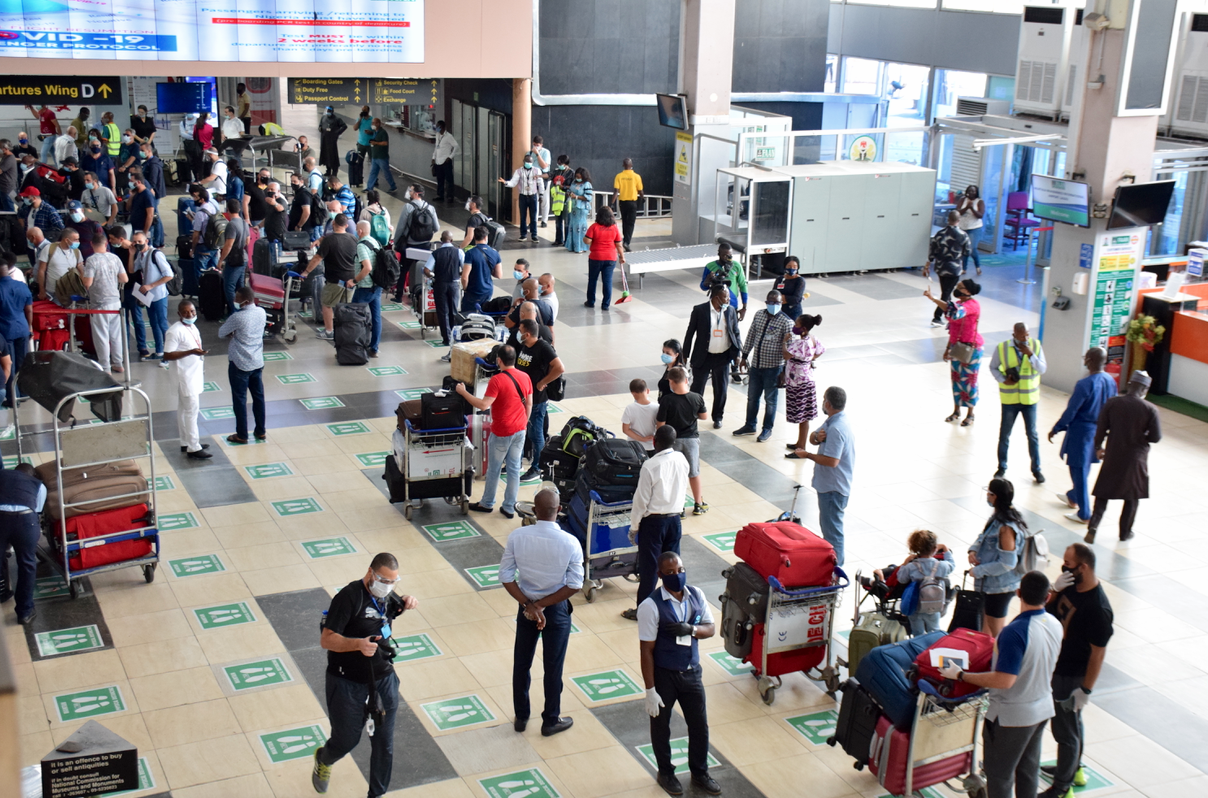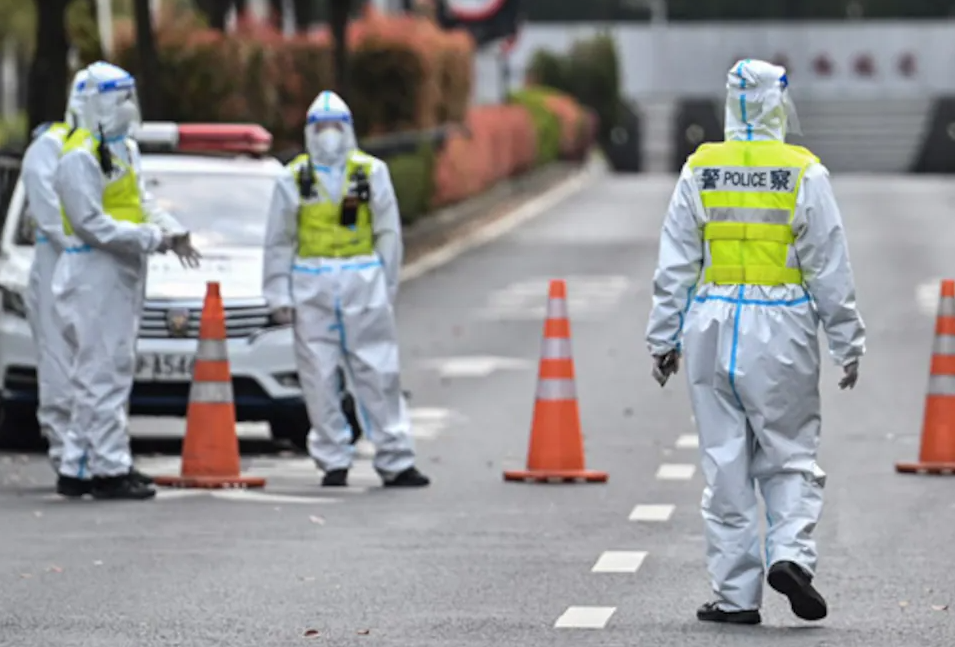Nigeria has logged 53 cases of COVID-19. Here are five updates about the pandemic this Saturday.
South Korea to lift outdoor mask mandate
South Korea has announced plans to further relax its social distancing rules next week.
The country also plans to scrap most COVID-related curbs including the mandatory wearing of facemasks outdoors.
Advertisement
Kwon Deok-cheol, the health minister, said starting from April 4, a curfew on eateries and other businesses will be lifted and private gatherings of up to 10 people will be allowed.
South Korea had earlier scrapped vaccine mandates and mandatory quarantine for vaccinated travellers arriving from overseas.
Italy ends COVID state of emergency
Advertisement
Italy has ended its COVID-19 state of emergency imposed for more than two years, allowing authorities to bypass bureaucracy and implement rules through decrees.
The state of emergency was imposed on January 31, 2020.
Mario Draghi, Italian prime minister, had announced plans in March to return to normalcy after deciding not to extend it.
“A new phase is beginning. This does not mean that the pandemic is over. There is no off’ button that magically makes the virus disappear,” Roberto Speranza, the health minister, said.
Advertisement
Nigeria records 53 infections
The Nigeria Centre for Disease Control (NCDC) has recorded 53 COVID-19 infections.
The agency, in its update for April 1, said the infections were logged in five states and the federal capital territory (FCT).
Below is the list of infections reported by the states:
Advertisement
Lagos-33
Kaduna-7
FCT-5
Bauchi-4
Rivers-3
Delta-1
Six persons were discharged after they recovered. Meanwhile, no deaths were recorded, keeping the country’s COVID fatality figure at 3,142.
Advertisement
The agency said the report includes data for March 31 and April 1.
Nigeria now has 255,468 infections and 249,612 recoveries.
Advertisement
WHO: 70% of population must be vaccinated to bring pandemic under control
The World Health Organisation (WHO) says at least 70 percent of each country’s population must be vaccinated to bring the COVID pandemic under control.
Advertisement
Tedros Ghebreyesus, WHO director-general, said no life is worth more than the other, hence the need for poor countries get more vaccines.
“This is our third strategic plan for COVID-19, and it could and should be our last”, Tedros said, outlining three possible outcomes for the epidemic this year,” he said.
“The most likely scenario is that the virus continues to evolve, but the severity of the disease it causes reduces over time as immunity increases due to vaccination and infection.
“Periodic spikes in cases and deaths may occur as immunity wanes, which may require periodic boosting for vulnerable populations.
“In the best-case scenario, we may see less severe variants emerge, and boosters or new formulations of vaccines won’t be necessary.”
“But, in the worst-case scenario, a more virulent and highly transmissible variant could emerge, sooner or later, and against this new threat, people’s protection against severe disease and death, from prior vaccination or infection, will wane rapidly.
“Striving to vaccinate 70 per cent of the population of every country remains essential for bringing the pandemic under control, with priority given to health workers, older people and other at-risk groups.’’
Sweden’s COVID pandemic law expires
Sweden’s COVID pandemic law has expired without authorities renewing it.
This implies the government no longer has the power to impose a range of emergency restrictions to contain the spread of COVID-19.
On February 9, 2022, the great bulk of Sweden’s COVID-19 restrictions were abolished.
The government and health authorities had said the country has a high vaccination rate and that infections with the Omicron variant generally resulted in milder illnesses.
Add a comment


